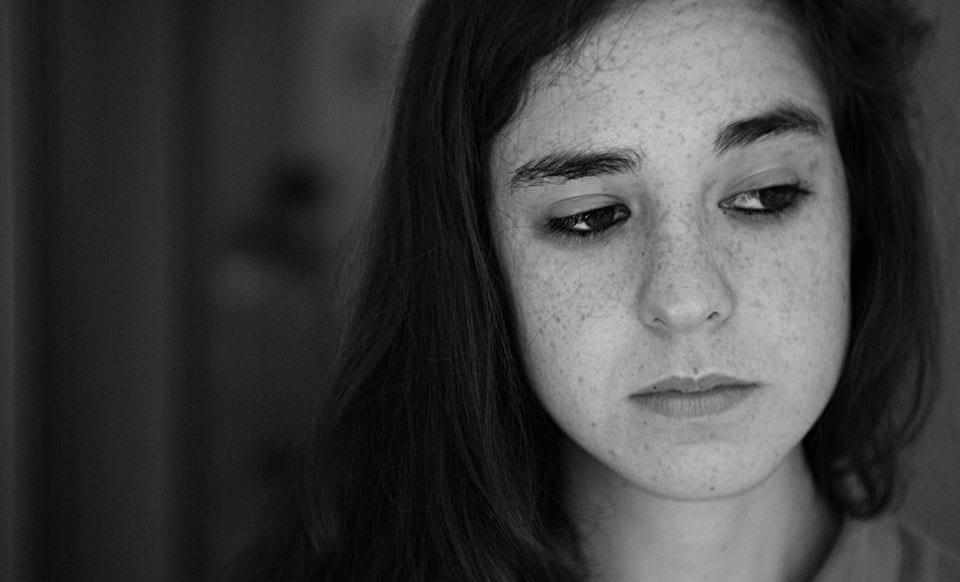|
It’s hard enough for adults, to come to terms with recent world events, like the terrorist attack in New Zealand. But it can be even harder, to talk with your teen about it. Here are 5 tips for speaking to teens about difficult world events:
0 Comments
|
AuthorTammie Addley, Occupational Therapist 2019 Archives
February 2025
Categories |

 RSS Feed
RSS Feed